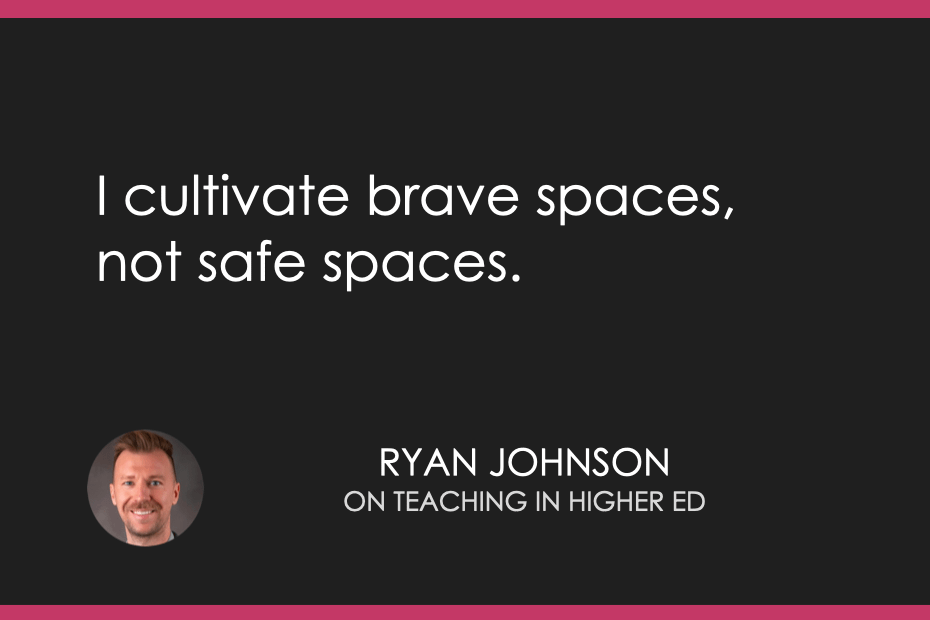
 Teaching in Higher Ed
Teaching in Higher Ed Teaching Philosophy Outside
Aug 24, 2023
Ryan Johnson shares his approach of teaching philosophy outside and discusses observations and reflections on outdoor learning. The chapter explores cultivating attention and shared learning experiences in the classroom, teaching philosophy outside the classroom, and unintended consequences of borders and the value of education. It also touches on incorporating music in teaching philosophy.
Chapters
Transcript
Episode notes
1 2 3 4 5 6
Introduction
00:00 • 2min
Observations and Reflections on Outdoor Learning
02:07 • 12min
Cultivating Attention and Shared Learning Experiences in the Classroom
14:27 • 2min
Teaching Philosophy Outside the Classroom
16:04 • 14min
Unintended consequences of borders and the value of education
30:06 • 11min
Incorporating Music in Teaching Philosophy
41:07 • 3min

